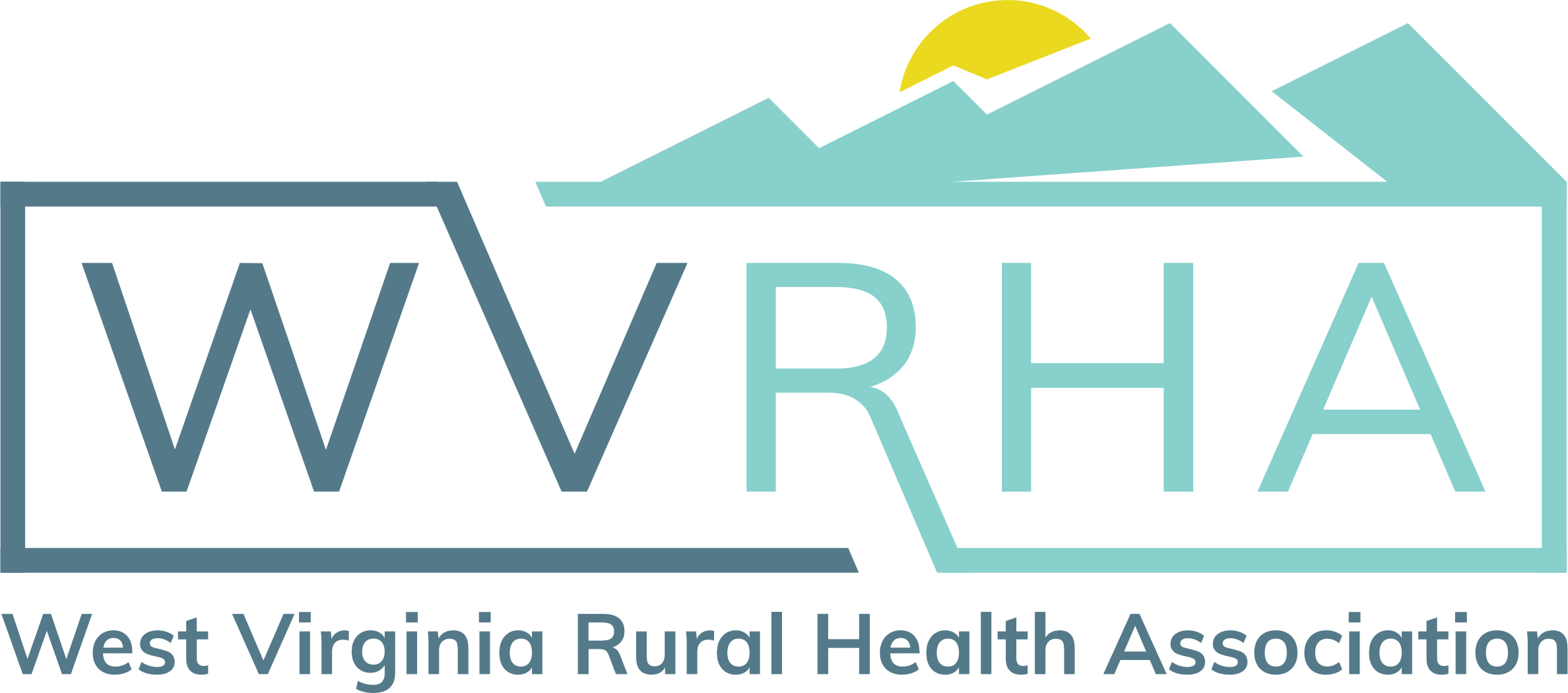
ACA Rollback Will Dramatically Alter Healthcare Landscape

ACA Rollback Will Dramatically Alter Healthcare Landscape
In my lifetime, I watched at least two friends die from cancer because they could not afford health care. One woman was 27 years old. The other 54. They were diagnosed early, in community clinics. Neither could afford costly chemotherapy. One had health insurance and still could not afford lifesaving cancer treatment. This was prior to the Affordable Care Act (ACA). Both women should have had the opportunity to enjoy decades more of life, contributing to their communities; raising children; and caring for parents who outlived their offspring.
Never have more West Virginians had greater access to healthcare than they do today:
217,000 West Virginians get their health insurance through the ACA
166,000 of them have Medicaid coverage thanks to Medicaid expansion through the ACA
These historical and consequential healthcare achievements are in grave jeopardy as Congress begins considering changes to the ACA.
Some of the most severe policy changes to healthcare that we are hearing about include allowing the Enhanced Premium Tax Credits (ePTC) to expire at the end of 2025 or even worse – repealed during the budget reconciliation process – throwing millions Americans off healthcare the following month. This would be a catastrophic outcome for Americans and the American economy – especially for a small, rural state like West Virginia – as healthcare makes up 17.3% of the US economy.
If Enhanced Premium Tax Credits are repealed or left to expire, premiums will go up by an average of $1,404 per month for 49,334 West Virginians.
Over 737,900 West Virginians with pre-existing conditions would find it difficult to afford health insurance
A 60-year-old West Virginia couple making $82,000 would see annual premiums for a benchmark silver plan increase more than sixfold, from $6,970 to over $46,000
An estimated 16,000 West Virginians would become uninsured, increasing the state’s uninsured rate by 18%
There is also the on-going battle to strip Medicaid away from people who don’t meet burdensome work requirements; disembowel federal protections for people with pre-existing conditions; deconstruct Medicaid Expansion; put in place per enrollee spending limits; and use the power of the pulpit to encourage states to take similar policy positions.
This isn’t theoretical: These draconian measures have real life and death consequences.
Rusty Williams is a Kanawha County resident and cancer survivor. He was diagnosed with cancer in 2012 and denied health insurance coverage three times due to his illness. This was when it was legal-and routine- to discriminate against someone with pre-existing conditions. Thankfully, West Virginia was one of the first states to expand Medicaid. After spending six weeks fighting bureaucrats, Rusty was finally able to receive coverage and begin lifesaving treatments. As Rusty was sparring with bureaucrats, his doctors told him to go home and get things in order. He was going to die. Medicaid Expansion under the ACA saved Rusty’s life.
Currently, 516,500 West Virginians are covered by Medicaid, including children, pregnant women, people with disabilities, low-income working adults, and seniors. Another 25,663 children are enrolled in the Children’s Health Insurance Plan (CHIP).
Today, West Virginia is doing well making healthcare more accessible and affordable: Only 5.9%–approximately just over 100,000- West Virginians are uninsured, compared to over almost 8% nationally. This would have not happened without the Affordable Care Act (ACA) and Enhanced Premium Tax Credits (ePTC).
Prior to the full implementation of the ACA and Medicaid Expansion in 2013, West Virginia’s uninsured rate was 15%.
West Virginia is a rural state, with about two-thirds of its residents living in rural areas. The state faces a shortage of healthcare providers, including doctors and nurses, and access to healthcare providers is a critical concern for many West Virginians.
Maintaining access to affordable health care is crucial, and the ACA has dramatically shifted West Virginia’s health care landscape. It’s no secret that West Virginia is in perennial competition for the worst health outcomes in the nation. Stripping away the Healthcare of 217,000 West Virginians will only set us back even further, making the long sought after generational advances in health improvements-especially in infant and maternal health-elusive.
Ellen Allen is Executive Director of West Virginians for Affordable Health Care.
This information was originally published in the Charleston Gazette-Mail, 12.7.2024.

